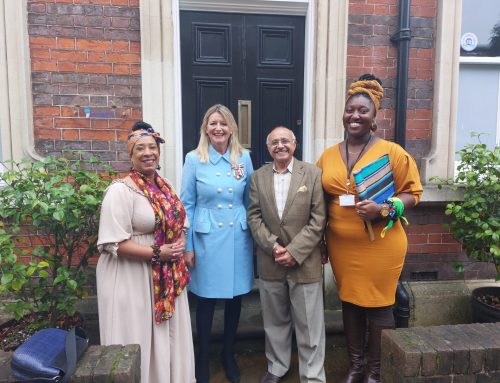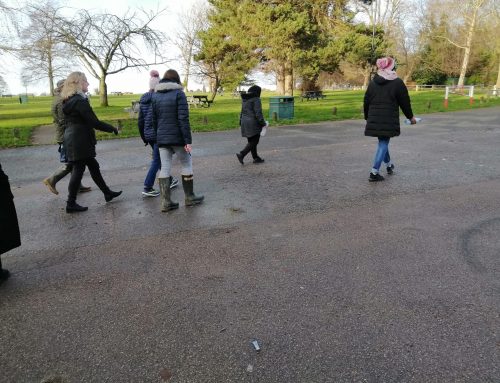Yesterday the Government published its Autumn Statement, the first post-Brexit vote. We’ve looked at what this might mean for our clients and other women in Bedfordshire.
Disappointingly there is very little that specifically references women.
We believe that this is a missed opportunity, particularly given women have already been disproportionately impacted by this Government’s cuts, with 86% of cuts in the 2016 budget coming from women’s pockets (Women’s Budget Group, 2016).
The one specific mention of women is a £3m fund to be allocated via Comic Relief to charities working with women as part of the controversial ‘tampon tax fund’ announced in the last budget.
It is positive that the Government has recognised the role that the voluntary sector plays in supporting women affected by violence. However, quite simply this is a drop in the ocean.
Particularly when you consider the national cost of domestic abuse is £15.7 billion a year (Walby, 2009).
And of course this is funded by women themselves through taxes on essential sanitary products.
We don’t believe it is acceptable that women have to pay for their own safety.
More broadly we’re pleased to see a focus on housing and accommodation, something that is a priority for many of our clients. It’s well recognised that there is a national housing shortage, so increasing new houses definitely has to be part of the solution.
Although, home ownership, however affordable, is not a realistic option for everyone, with many people looking to rent as an alternative. However, renting in and around Luton is becoming more and more difficult as demand and prices increases. This is leaving vulnerable women in Luton, as well as other groups, in severe hardship.
The one year extension to the cap on housing benefits and local housing allowance for social housing and the four year exemption on rent reduction for refuges is welcomed and will help some of the most vulnerable in our community. But we are concerned what happens outside and following these exemptions.
We also support the banning of letting agent fees. However there is the risk that fees will be passed on to landlords and onward to renters through increased rent. We would have liked to have seen a cap on rental increases to mitigate against this, as well as ensuring that the rental market remains affordable for those who need it. This is particularly relevant locally given Luton rental prices have increased at double the national average over the last year.
The sight reduction in Universal Credit taper relief and increased living wage is welcomed and will benefit people on low wages, of which women are over represented. However, it is notable that those on higher salaries will see more significant tax cuts, as the high tax rate threshold increases to 50%.
Whilst understandably the focus of the statement is on financial resilience as we prepare for Brexit, we believe that the vital role that women play in the economy both as workers and care givers has been underestimated and ultimately this will be at a cost to us all.
References:
1 Women’s Budget Group (2016) Women Paying for the Chancellor’s Tax. Available from: http://wbg.org.uk/news/women-paying-chancellors-tax-cuts/
2 Walby, S. (2009) The cost of domestic abuse update 2009. Project of the UNESCO Chair in Gender Research, Lancaster University.






Leave A Comment
You must be logged in to post a comment.